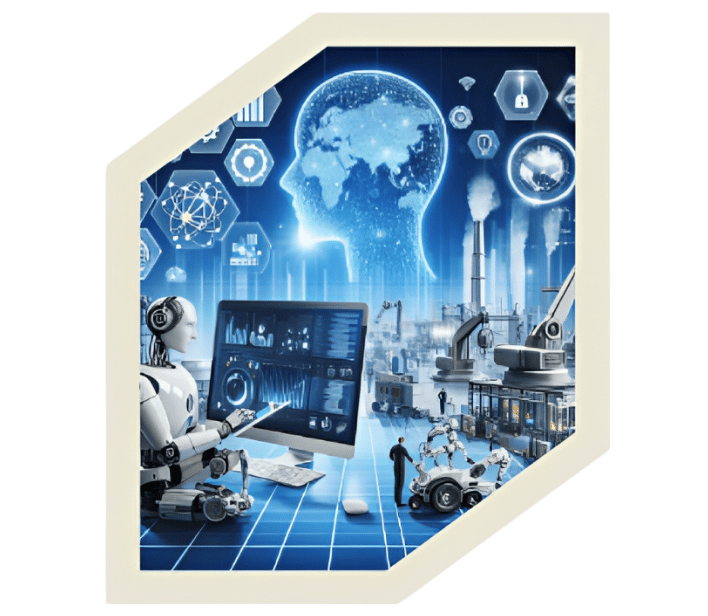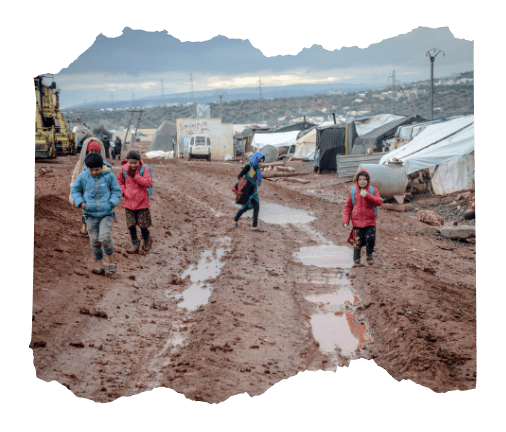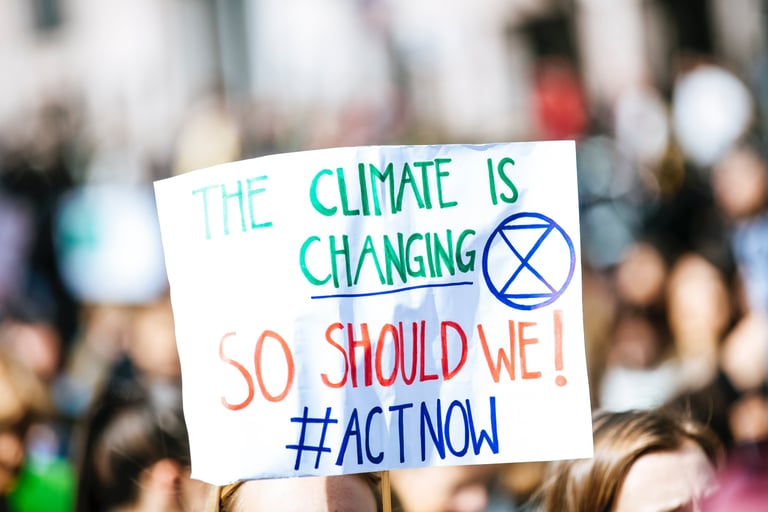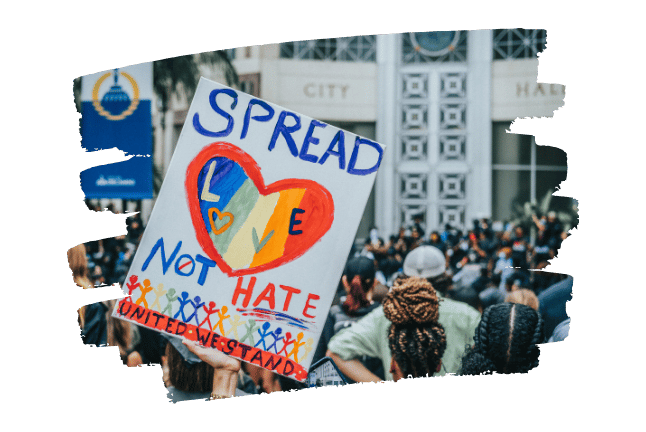
The Climate Crisis That Threatens Our Planet
The current climate crisis represents one of the greatest challenges facing humanity in the 21st century. The devastating impacts of this crisis are manifested in extreme climate events, rising sea levels, loss of biodiversity and threats to food security.
It is essential to address this situation urgently, basing our actions on scientific data and taking meaningful steps to preserve our planet for future generations.
Crisis Dimension
According to the Intergovernmental Panel on Climate Change (IPCC), concentrations of carbon dioxide (CO2) and other greenhouse gases have reached unprecedented levels in the last 800,000 years.
Average global temperatures have increased, and adverse impacts such as extreme heat waves, uncontrolled wildfires, and more intense weather events are becoming more evident.
Impacts on Biodiversity
The loss of biodiversity is another critical aspect of this crisis. According to the Intergovernmental Science-Policy Platform on Biological Diversity and Ecosystem Services (IPBES) report, one million plant and animal species are at risk of extinction due to human activities such as deforestation, pollution and climate change.


Artificial Intelligence and Work
Artificial Intelligence (AI) has emerged as a transformative force in various aspects of our society, especially in the workplace.
By understanding AI as the ability of machines to perform tasks that normally require human intelligence, it is crucial to explore its possibilities and challenges in the current workplace context.
AI has proven to be a powerful tool for improving efficiency and productivity in numerous sectors.
From automating repetitive processes to making complex decisions based on data analysis, AI capabilities offer revolutionary potential for economic progress.
AI has proven to be a powerful tool for improving efficiency and productivity in numerous sectors. From automating repetitive processes to making complex decisions based on data analysis, AI capabilities offer revolutionary potential for economic progress.




War, with its burden of suffering and desolation, has been a constant throughout history. Victims of past and present conflicts have left a legacy of pain that resonates in the collective conscience.
Horrors of War
Chemical weapons, mass destruction and human rights violations are dark shadows that cloud the reality of war.


Migration Crisis
The history of migration is full of faces, dreams and challenges. Behind the figures and statistics, there are human lives in search of a home, escaping violence, poverty or persecution.
Migration, in many cases, is an experience marked by adversity. According to the United Nations for Refugees (UNHCR), at the end of 2022, there were 108.4 million people forcibly displaced due to persecution, conflict, violence, human rights violations and events that seriously disrupted order public.
It is crucial to recognize the emotional aspect of this crisis, where entire lives are at stake.
Migration also poses significant challenges for receiving societies. The integration of new members, the distribution of resources and the management of cultural diversity are complex issues that require compassionate responses and effective policies.











